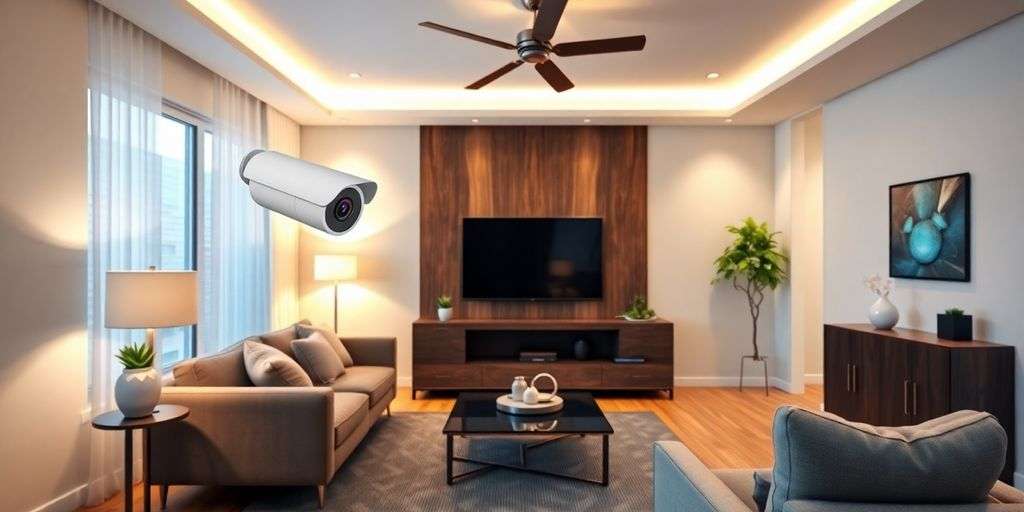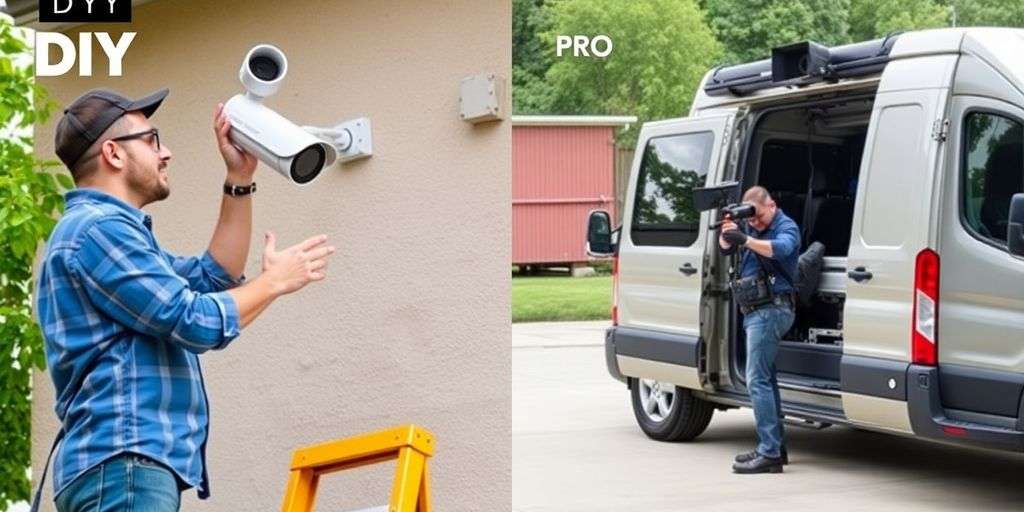The Mobility Factor: Wired vs. Wireless Systems
Freedom of Movement
Wireless connections offer the freedom to move around without being tied to a cable. This makes them perfect for mobile devices like smartphones, tablets, and laptops. On the other hand, wired systems restrict movement but provide a stable connection.
Portability Considerations
Wireless systems are easier to expand and reconfigure, making them ideal for changing needs. They are also more portable, allowing for quick setup and relocation. Wired systems, while less portable, offer consistent performance.
Practical Scenarios
In practical scenarios, the choice between wired and wireless depends on the specific needs. For instance, a wireless setup is great for a home where devices are frequently moved. Conversely, a wired setup is better for a stationary office environment where stability is key.
When deciding between wired and wireless systems, consider your specific needs and how each option can meet them. A tailored approach ensures optimal performance.
Performance and Reliability in Wired and Wireless Systems
Speed and Latency
Wired connections, like Ethernet cables, are known for their consistent and high-speed data transmission. They offer minimal latency, making them ideal for tasks that require precision and stability. Wireless systems, on the other hand, can experience variable speeds and higher latency due to factors like signal strength and network congestion.
Interference Issues
Wired systems are less prone to interference, providing a stable connection. Wireless systems, however, can suffer from interference caused by other electronic devices, weather conditions, or physical obstructions. This can lead to inconsistent performance and potential disruptions.
Consistency of Connection
Wired connections are highly reliable, with a steady and uninterrupted connection. Wireless systems offer flexibility and can be quickly deployed, but their reliability can be affected by external factors. It’s important to consider the environment and specific needs when choosing between wired and wireless systems.
When it comes to performance and reliability, wired systems often have the upper hand due to their stability and consistent speed. However, wireless systems provide the advantage of mobility and ease of installation, making them suitable for various scenarios.
Cost Implications of Choosing Wired or Wireless
Initial Investment
When considering the initial investment, wireless systems often come with a higher price tag. This is due to the advanced technology required for wireless connectivity. On the other hand, wired systems might be more affordable upfront, especially if extensive cabling is not required.
Maintenance and Upkeep
Maintenance and upkeep costs can vary significantly between wired and wireless systems. Wireless systems may require regular updates and battery replacements, adding to the ongoing expenses. Conversely, wired systems generally have lower maintenance costs, as they do not rely on batteries and have fewer components that can fail.
Long-term Value
In terms of long-term value, both wired and wireless systems have their merits. Wireless systems offer the convenience of mobility and ease of installation, which can be valuable over time. However, wired systems often provide a more stable and reliable connection, which can be crucial for certain applications. Ultimately, the choice depends on the specific needs and priorities of the user.
It’s essential to weigh the initial costs against the long-term benefits to make an informed decision.
Use Cases: When to Choose Wired Over Wireless

Gaming Setups
For gaming, a wired connection is often the best choice. It eliminates interference from other wireless devices, ensuring a smooth and responsive experience. Wired connections also reduce latency, which is crucial for fast-paced games. If your gaming device is far from the router, consider using a powerline adapter to transmit data through your home’s electrical wiring.
Office Environments
In office settings, wired connections can provide a more stable and secure network. This is particularly important for tasks that require a constant and reliable connection, such as video conferencing and large file transfers. While wireless networks offer flexibility, they can be prone to interference, which may disrupt workflow.
Creative Professions
For creative professionals, such as graphic designers and video editors, a wired connection can be beneficial. The high-speed and stable connection ensures that large files can be uploaded and downloaded quickly. This is essential for meeting tight deadlines and maintaining productivity. Additionally, wired connections can support the high bandwidth required for streaming high-quality video and audio.
Conclusion
In the end, whether you choose wired or wireless systems depends on your needs and preferences. Wired systems often offer more reliable connections and faster response times, making them great for gaming and professional work. However, they can limit your movement and create clutter with cables. On the other hand, wireless systems provide the freedom to move around and a cleaner setup, but they might face interference and need regular charging. By weighing the pros and cons of each, you can make the best choice for your situation. Remember, the right choice is the one that fits your lifestyle and needs the best.
Frequently Asked Questions
What are the main differences between wired and wireless systems?
Wired systems use cables to connect devices, ensuring a stable and fast connection. Wireless systems, on the other hand, use radio waves, offering more mobility but sometimes facing interference issues.
Which is better for gaming: wired or wireless?
For gaming, wired systems are often preferred due to their consistent speed and low latency, which are crucial for a smooth gaming experience. Wireless systems offer more freedom of movement but might suffer from slight delays.
Are wireless systems more expensive than wired ones?
Initially, wireless systems can be more expensive due to the cost of advanced technology. However, they might offer better long-term value by reducing the need for cables and offering greater flexibility.





